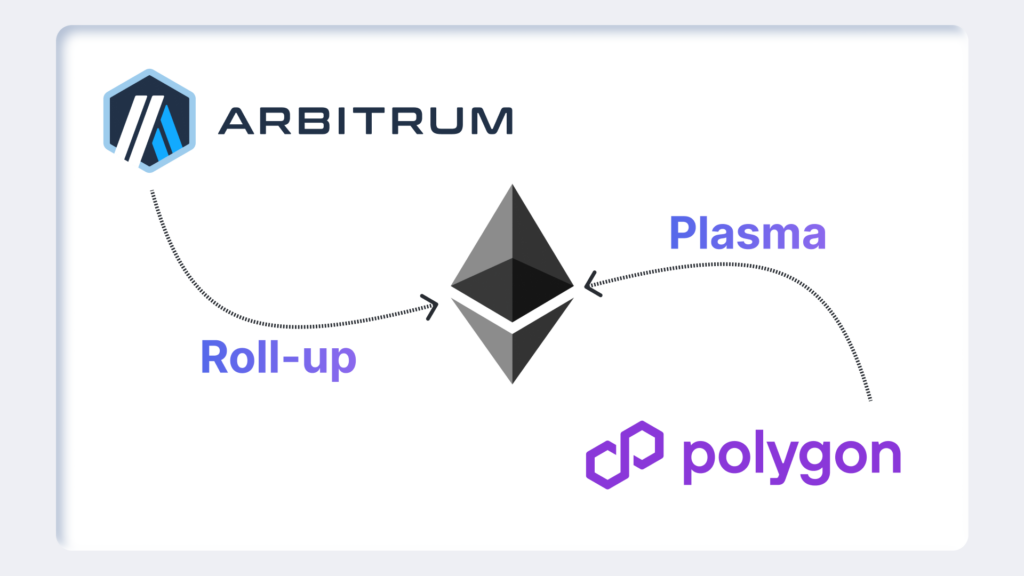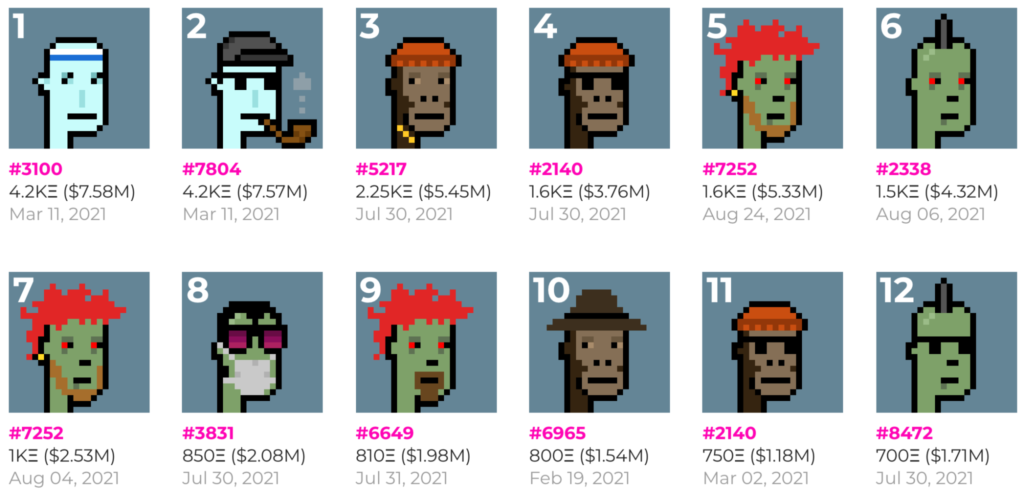Argentina, under the new leadership of President Javier Milei, is taking drastic steps to combat its deepening economic crisis. In a bold move, Milei’s administration has announced a 50% devaluation of the Argentine peso, a decision that has sent ripples through the nation’s financial landscape.
This significant devaluation, declared on December 12, sees the peso’s value plummet from 400 to over 800 against the U.S. dollar. This step is part of a comprehensive economic reform strategy aimed at addressing Argentina’s long-standing financial issues.
Austerity Measures Amidst Economic Crisis
Economy Minister Luis Caputo has detailed further austerity measures alongside the devaluation. These include substantial subsidy cuts, halting public works tenders, and merging government ministries. Caputo admitted the necessity of these “painful” actions to avert a catastrophic hyperinflation scenario.
To mitigate the impact on the country’s poorest, the government has pledged to double social spending. Despite these efforts, Caputo conceded that the nation would face tougher times in the short term, especially regarding inflation.
IMF’s Endorsement and Cryptocurrency Concerns
The International Monetary Fund (IMF), which extended a $45 billion loan to Argentina in 2022, has commended the new measures. They align with the IMF’s guidelines set as part of the loan agreement. The IMF has also advised the government to curb the growing use of cryptocurrencies, as Argentinians increasingly turn to Bitcoin and other digital assets amid the economic downturn.
Milei’s Stance on Bitcoin and Economic Policies
More than 10% of Argentinians were engaged in cryptocurrency transactions by the end of 2022, with many hoping that Milei, known for his positive outlook on Bitcoin, would support the industry. However, since assuming office, Milei has not made any official moves regarding Bitcoin. His focus remains firmly on addressing the economic crisis through immediate and stringent austerity measures.
Milei’s “anarcho-capitalist” approach to economic policy, characterized by drastic state-sector adjustments, marks a significant shift from previous gradualist policies. Despite the challenges, there seems to be growing acceptance among Argentinians, who are exhausted by rampant inflation and a high poverty rate.
However, Milei’s plan is likely to encounter strong resistance, especially from the influential Peronist movement and its unions, which oppose wage cuts. As Argentina grapples with these economic reforms, the road ahead appears fraught with both opportunity and obstacles.


